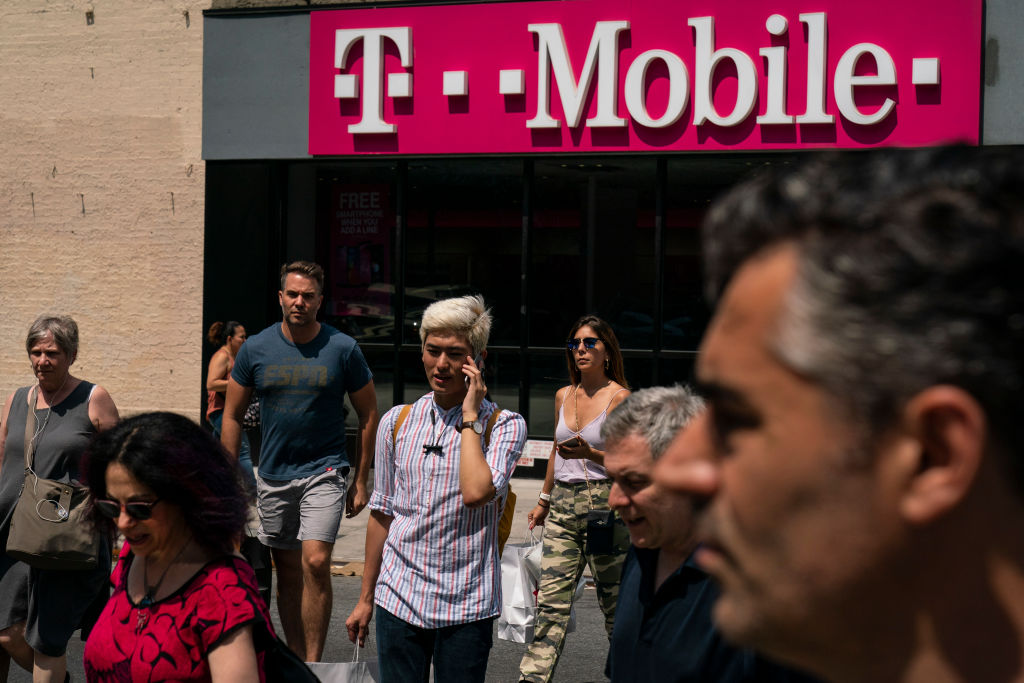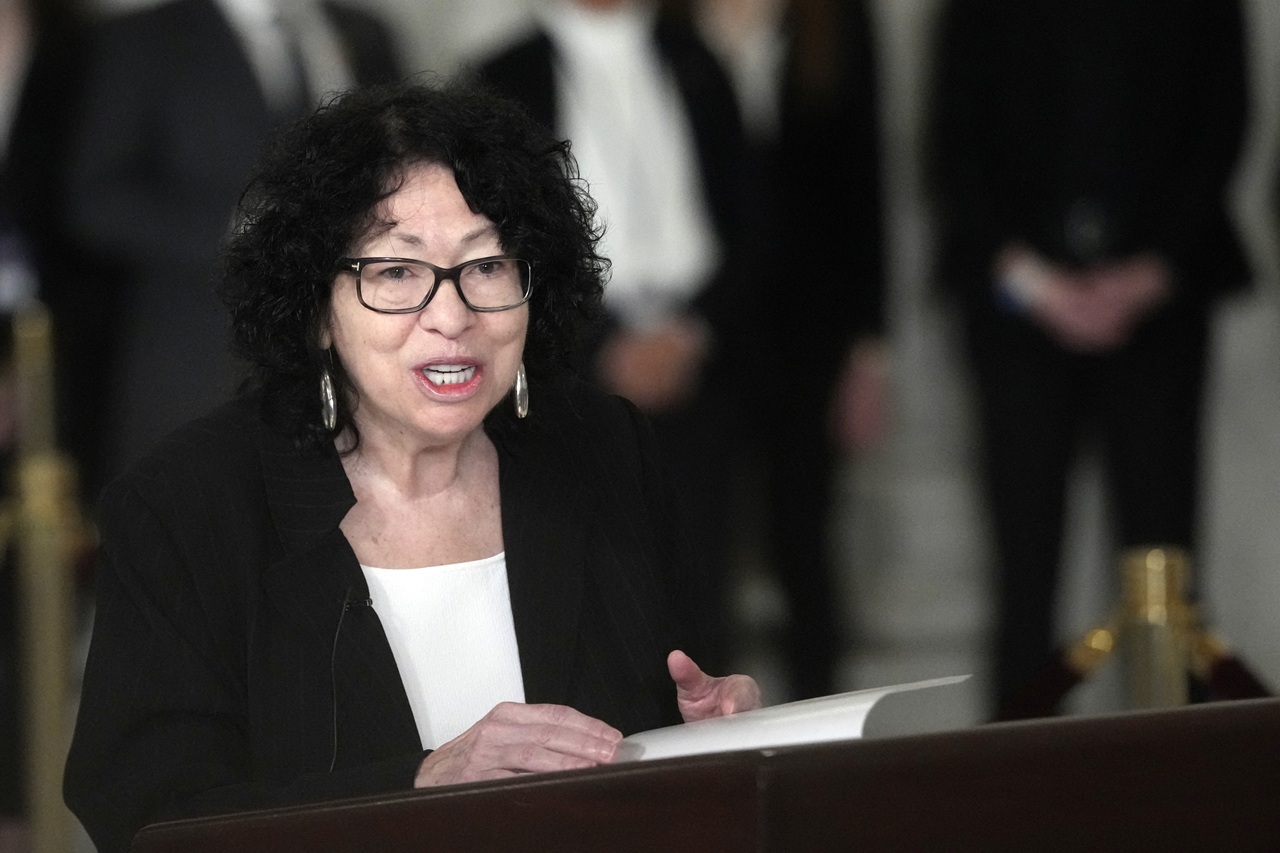
How the T-Mobile-Sprint merger could impact Hispanic customers
The $26.5 billion merger announced Feb. 11 would combine the third and fourth-largest mobile carriers.
A potential merger between T-Mobile and Sprint has been in discussions, on and off, for the better part of two years.
For much of the second half of 2019, numerous states filed to block the merger due to concerns that the potential merger would result in reduced competition and higher prices for consumers. The lawsuit consisted of 13 state attorneys general, and the District of Columbia.
On Feb. 11, 2020, U.S. Judge Victor Marrero ruled in favor of the merger — months after the FCC and Justice Department approved the merger — finding the arguments against the merger to not be strong enough.
"Today was a huge victory for this merger… Now we are FINALLY able to focus on the last steps to get this merger done!", T-Mobile CEO John Legere said in a statement in reaction to the judge’s ruling.
“We’ve said it all along: the New T-Mobile will be a supercharged Un-carrier that is great for consumers and great for competition,” he added.
The FCC shared the excitement towards the judge’s ruling.
"The T-Mobile-Sprint merger will help close the digital divide and secure United States leadership in 5G," said Ajit Pai, chairman of the Federal Communications Commission.
Despite the ruling and excitement on behalf of T-Mobile and the FCC, concerns about the merger remain.
"From the start, this merger has been about massive corporate profits over all else, and despite the companies' false claims, this deal will endanger wireless subscribers where it hurts most: their wallets," New York Attorney General Letitia James said in a statement. “There is no doubt that reducing the mobile market from four to three will be bad for consumers, bad for workers, and bad for innovation, which is why the states stepped up and led this lawsuit."
With about 100 million customers, the Hispanic market is likely to be one of the biggest consumer populations most affected by the potential merger.
According to Nielsen, roughly 97% of more than 56 million Hispanics in the United States own a cellphone, and 77% of Hispanics own a smartphone. More than a third of Hispanics use smartphones as their primary means of internet access at home. The large Hispanic population has resulted in a lot of marketing towards Hispanics over the years on the part of mobile companies.
RELATED CONTENT
Upon his arrival in 2014, former Sprint CEO Marcelo Claure, a native Colombian, appeared in a Spanish-language commercial during the Latin Grammys to appeal to the Hispanic community. The same year, T-Mobile joined forces with Univision to launch Univision Mobile, a pioneering wireless service designed specifically for Hispanic Americans.
Another concern of the potential merger is a likely widespread loss of jobs nationwide.
The potential merger could lead to as many as 24,000 job losses in the retail sector, according to Adam Wolf, president of the National Wireless Independent Deal Association.
On the contrary, T-Mobile and Sprint have stated that the merger would result in the creation of more jobs, not a reduction of them.
“In year one, New T-Mobile will have more than 3,500 additional full-time U.S. employees than the standalone companies would have had, and 11,000 more people by 2024,” they wrote in a statement. “Additionally, plans to build more than 600 new retail locations and five new customer experience centers will create approximately 12,000 more jobs – many in small towns.”
However, Wall Street analysts remain skeptical about that proposition, due to various past mergers often resulting in the elimination of redundant stores and personnel.
"I’ve never seen a merger that has resulted in more jobs, and the promises are unenforceable," Gigi Sohn, a former Federal Communications Commission counselor, told NBC News.
Nonetheless, if the deal goes through the final hurdle and the merger comes to fruition, Hispanic consumers will be a key demographic that will be most affected — whether negatively or positively.
The merger will likely come into effect by April 2020.










LEAVE A COMMENT: